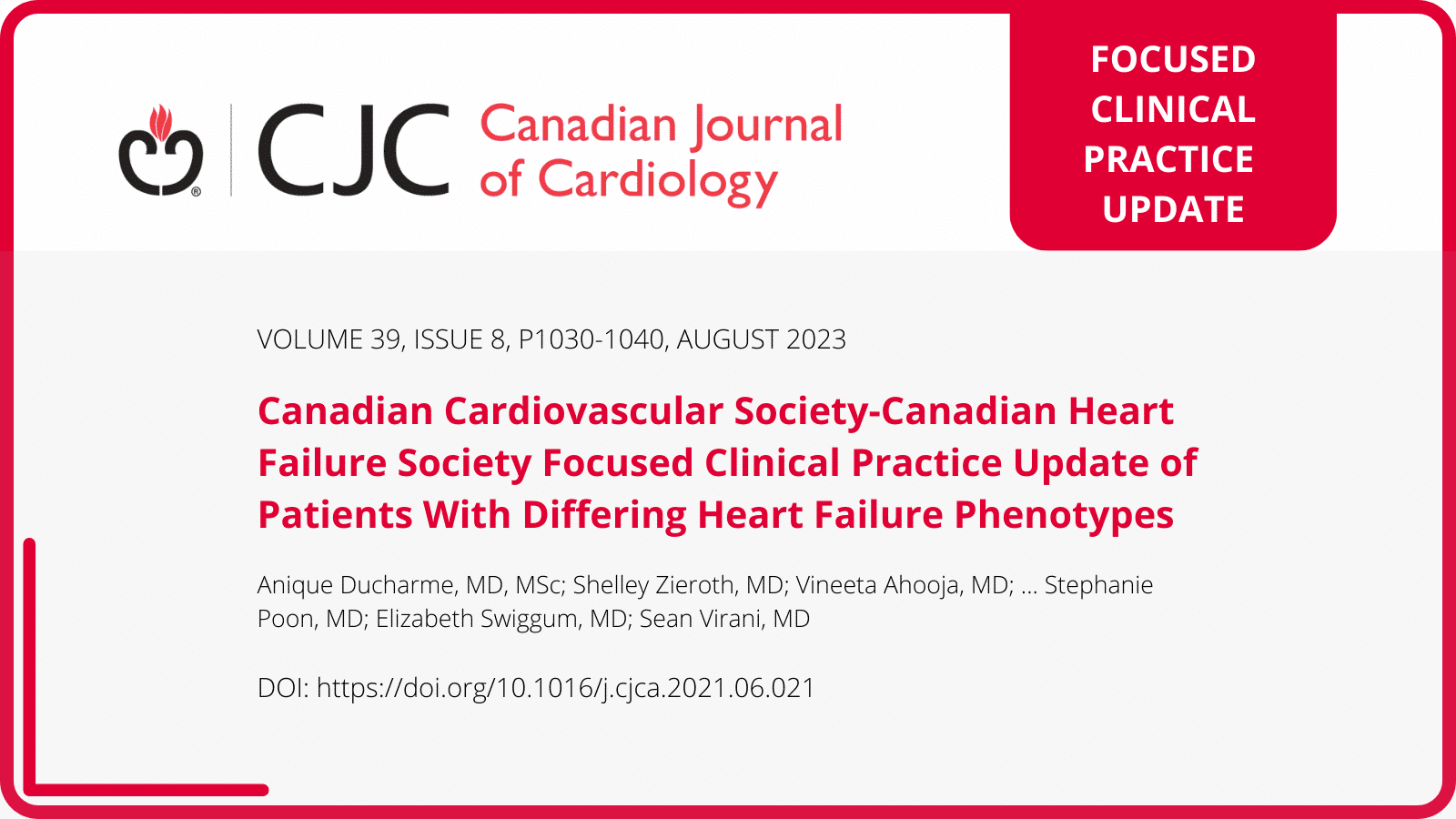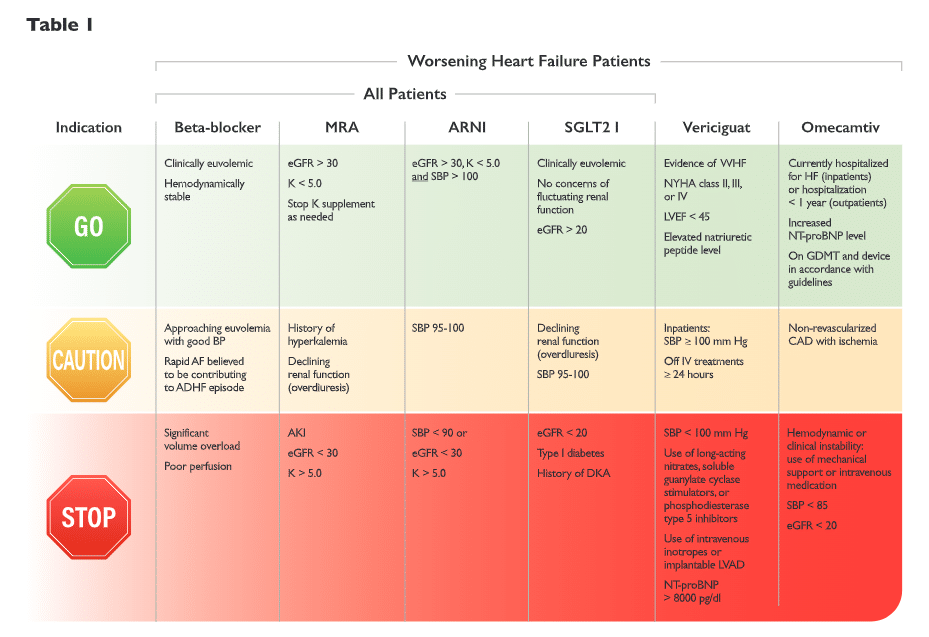
In this clinical practice update (CPU) we aim to provide responses to fundamental questions that face healthcare providers regarding heart failure (HF) phenotypes. This includes appropriate timing for the introduction and optimization of different classes of medication according to specific patient phenotypes, when second-line therapies and valvular interventions should be considered, and management of difficult clinical scenarios such as cardiorenal syndrome and frailty.
Specific common HF phenotypes call for a personalized approach to improve adoption of the HF guidelines into clinical practice.
This CPU covers recommendations for five different phenotypes: the wet HF phenotype, the de novo HF phenotype, the worsening HF phenotype, the cardiorenal phenotypes, and the frail HF phenotype. HF is a complex clinical syndrome with multiple phenotypic patient presentations. Identifying these HF phenotypes is critically important to tailoring the right therapies to patients, improving their presenting symptoms, other associated morbidities, and quality of life.

On behalf of the CCS, we recognize and thank co-chairs Dr. Anique Ducharme and Dr. Shelley Zieroth for their leadership, and the full HF Phenotype CPU panel for their contribution and commitment to bringing you these important recommendations.
Other News
See AllSupport the CCS National Lipid Screening Awareness Campaign
April 12, 2024
Lipid screening is a key component of risk assessment for primary prevention of atherosclerotic...
ASCVD Cholesterol Dyslipidemia GuidelinesNew: Focused Update of the Guidelines for the Use of Antiplatelet Therapy
February 29, 2024
Under the co-chair leadership of Drs. Kevin R. Bainey and Guillaume Marquis-Gravel, the Canadian...
Antiplatelet Therapy ASCVD GuidelinesNEW: Guidelines & KT Tools... Plus a Sleek New Version of the iCCS App!
June 14, 2023
We are excited to officially launch a new resource called Guidelines & KT Tools, housed on the...
Guidelines iCCS KT Tools